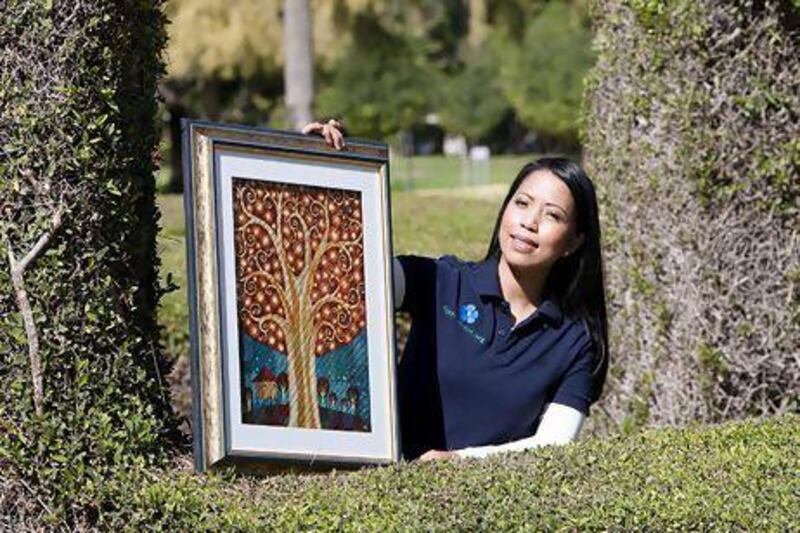Last Christmas, when Desiree Vlekken visited her family in Manila, her mother whispered: "He has it." Ms Vlekken, who had noticed the forgetfulness of her 73-year-old father before, knew what "it" was instantly.
He had been showing the early signs of Alzheimer's - and they could no longer be denied. As an expatriate living in Dubai, who sees her parents once a year, she felt a sense of helplessness that inspired her to found 4get-me-not.org.
Ms Vlekken says it is the UAE's first online information platform on Alzheimer's. It operates under her company Deja Vu. It is among a number of local businesses that can be called social enterprises, whose model falls between a charity and a private business, and champions a social cause while attempting to make money. But with a lack of funding, such companies are struggling to bring in revenues.
Jacqueline Novogratz, the founder and chief executive of Acumen Fund, says: "During my most recent visit to the region, I was incredibly inspired by the growing community of individuals who are yearning to make a difference."
The fund, which invests in social enterprises, does not have investments in the Middle East, but has invested in South Asia and Africa with more than US$83 million (Dh304.8m) in 73 enterprises that provide access to water, health, energy, housing, agricultural and education services.
For 4get-me-not.org, the aim is to be a database for doctors, guide on food and exercise, and raise awareness about Alzheimer's in the UAE. Ms Vlekken has already spent Dh50,000 registering her company and printing flyers that she distributes outside conference rooms.
While the exact number of social enterprises in the UAE are not available, Medea Nocentini, a consultant and director of corporate development at the media house OSN, knows of about 20.
Among them is her own, Consult and Coach for a Cause, or C3. With 130 volunteers, most of whom work at blue-chip companies, it provides workshops and consulting to start-ups with a social angle.
For instance, C3 will help the fashion house Palestyle to measure the social impact of its work - it sources much of its material from Palestinian refugee women. C3 also has supported 4get-me-not.org with business plans.
Locally, social enterprises operate either under a for profit licence (where they cannot raise donations) or as a non-profit. The owners have to be open to all-round scrutiny on their social impact, Ms Nocentini says.
At C3, the costs are borne by the Italian entrepreneur herself. Annual expenses come to Dh50,000.
"The motto of such companies are: the more you sell, the bigger you grow, the bigger the social impact," she says.
During her research, Ms Vlekken visited hospitals in Dubai and Belgium, her husband's home country. She found there are less than 10 geriatricians in Dubai and many patients in late stages of the disease are hidden away in wards. The patients she saw were all Emiratis with an average age of 70 years.
As part of her e-commerce platform on 4get-me-not.org, which she expects to go live this month, she plans to sell puzzles and aromatherapy pillows for Alzheimer's patients as well as a couple of paintings by the Filipino artist Jomike Tejido.
A quarter of the e-commerce proceeds will be used to buy brain activity materials for the abandoned elderly in Manila.
"I am slowly approaching investors," Ms Vlekken says. "But they all ask me, 'how much exposure do I get?' or 'what's in it for me?'"





